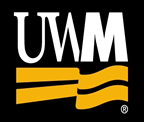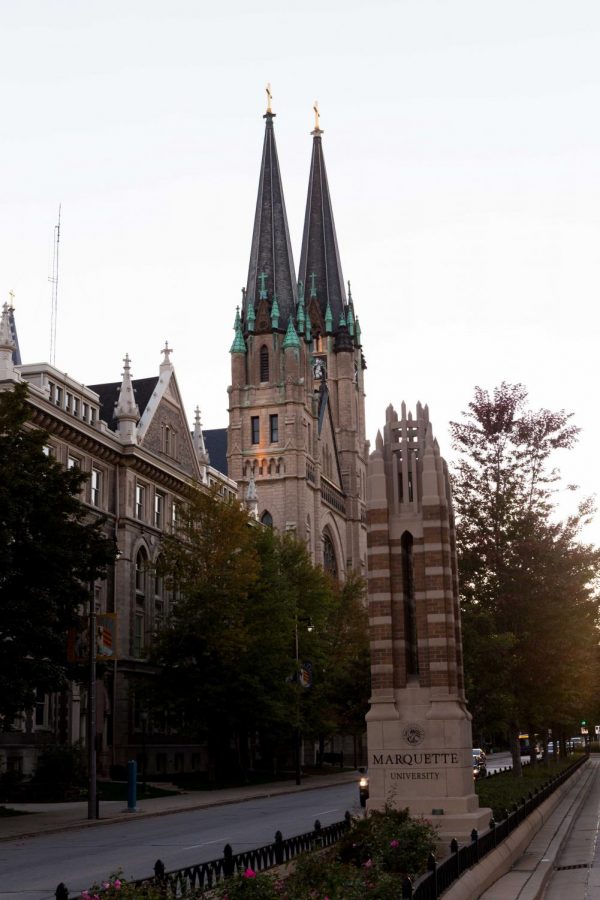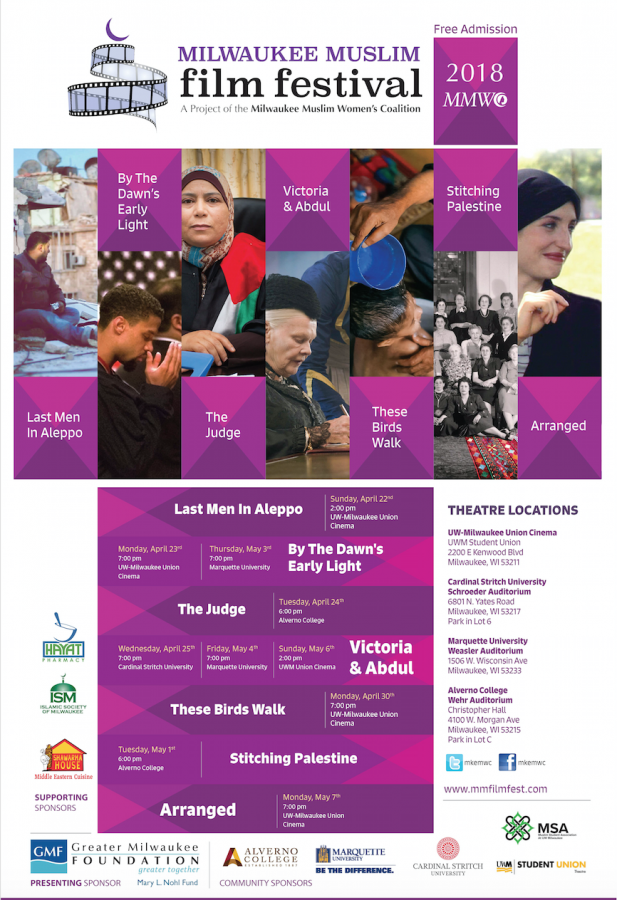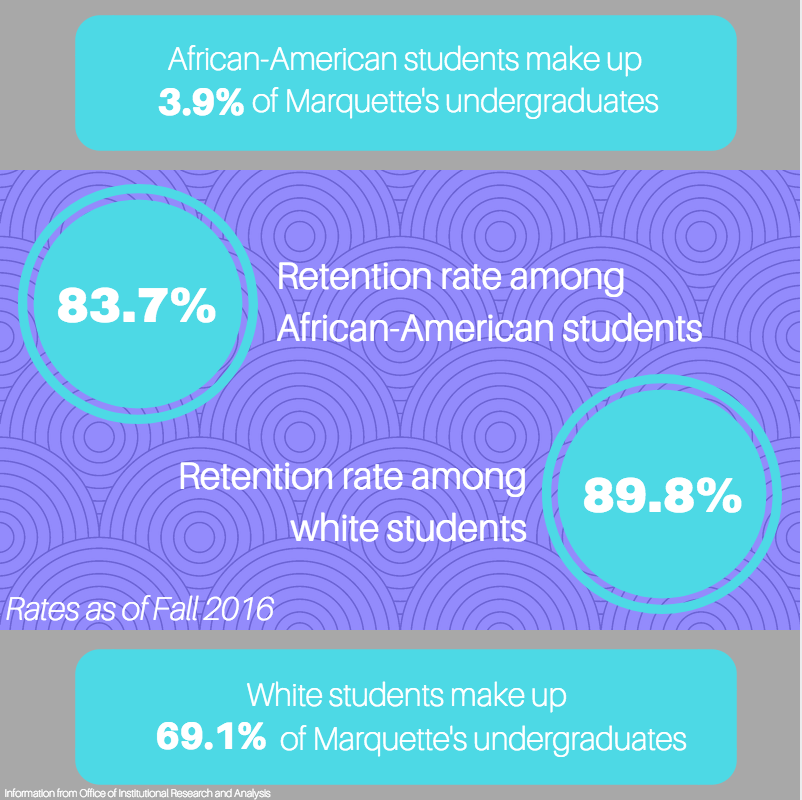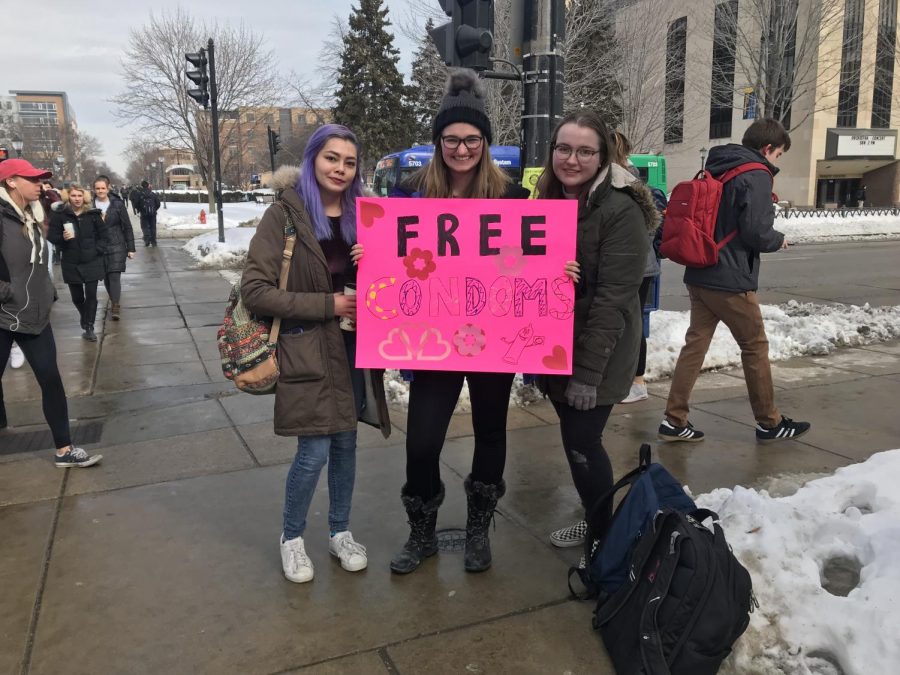Two former members of the University of Wisconsin–Milwaukee’s now-defunct student government filed a notice of appeal to the Milwaukee County Court Monday, asking it to reconsider a previous ruling recognizing UWM’s new student government as legal.
The two appellants, Taylor Scott and Samir Siddique, allege the previous student government was illegally dissolved by UWM administrators, including Marquette’s president-elect and present UWM chancellor, Michael Lovell.
Scott said in an email that while many of the legal issues surrounding UWM’s student government did not directly include Lovell, he still has reservations about Lovell’s role in the affair.
“I am not giving him plausible deniability,” Scott said. “He just hasn’t been largely involved in student affairs.”
UWM’s media contact did not return comment in time for this story, but Marquette’s director of communication Brian Dorrington said in an email that Lovell expressed his “deep commitment” to Marquette students.
“In his news conference last week, he shared how he is looking forward to improving and enhancing the already strong student experience at Marquette,” Dorrington said. “He expressed his excitement to build on our tradition and provide our students a campus experience that is second to none.”
Scott provided The Marquette Tribune with a raw audio recording of a May 5, 2013 meeting that took place at UWM between Lovell and Vice-Chancellor Michael Laliberte, as well as two students from the defunct student government, Tereza Pelicaric and Anthony DeWees. In the audio, Lovell is heard asking the students if there was a way to distance themselves from the students causing trouble for the administration.
“So what I wanted to ask you was, is there a way we can minimize people who may be trying to just inflame the relationship and not have them be a part of this?” Lovell asked in the recording.
This “relationship” Lovell alludes to is the one between school administrators and students upset about the dissolution of student government. In the conversation’s full context, Lovell clearly asks if there were any means to keep these students from participating in the new student government.
Members of the former student government were then barred from taking part in the 2013-14 student elections.
“I think, at best, it speaks volumes for a disregard and lack of respect for the concept of shared governance and, at worst, for a lack of respect in the diverse interest of students,” Scott said. “I don’t think anyone ever was trying to ‘inflame the relationship’ between administration and students.”
UWM has a system of “shared-governance,” in which both the administration and the student government share legally recognized authority in certain areas. In this case where both parties have equal authority, an impasse is possible, according to the 1995 ruling in Spoto v. Board of Regents.
Kyle Whelton, president of Marquette Student Government, said from his point of view, there was “a great deal of concern over the fairness and validity of the elections,” at UWM, but that Lovell’s arrival at Marquette is not cause for concern that MUSG will be dissolved.
“I have absolutely no fear that Dr. Lovell will try to dissolve MUSG,” Whelton said. “He’s expressed excitement to work with our student government.”

